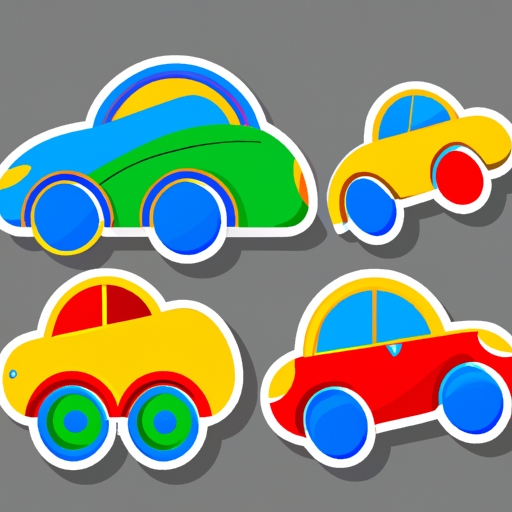Nowadays, when you wander into a car factory—what an overwhelming sight! The dance of robotic arms swaying to a silent rhythm as they assemble vehicles with a precision no human hand could match. However, it ain't just the robots; there are still plenty of people involved. These workers oversee the machines, conduct quality checks, and perform tasks that require a more nuanced touch than even the most sophisticated robot can provide.
But let's not kid ourselves; the process isn't without its flaws. Mistakes do happen—parts might be installed incorrectly or machinery may malfunction. Such errors can lead to recalls which in turn affect the manufacturer’s reputation and bottom line. Moreover, there's always room for improvement in efficiency and sustainability practices within these factories.
Moving on to another facet of this topic—safety standards have become paramount in car manufacturing. It hasn't always been so; there was a time when safety wasn’t given much thought. Now though? Manufacturers can’t afford to overlook it! here . Every vehicle that rolls off the production line must meet stringent safety regulations or else... well, they won't make it to the showroom floor.
Despite all these advances in technology and processes though, challenges remain aplenty for car manufacturers. They've gotta stay ahead of ever-changing consumer demands and keep pace with new environmental regulations—a tall order if ever there was one!
here . In conclusion (and despite our best efforts), perfection remains elusive in car manufacturing—the occasional error slips through despite layers of checks and balances. Yet this industry continues its relentless march forward: innovating, adapting, improving—all while churning out machines that have become integral to modern life. Car manufacturing isn't just about getting from point A to B; it reflects our society's values at any given time: our need for speed balanced with calls for sustainability; our desire for luxury tempered by economic realities. It’s quite something when you think about it!


